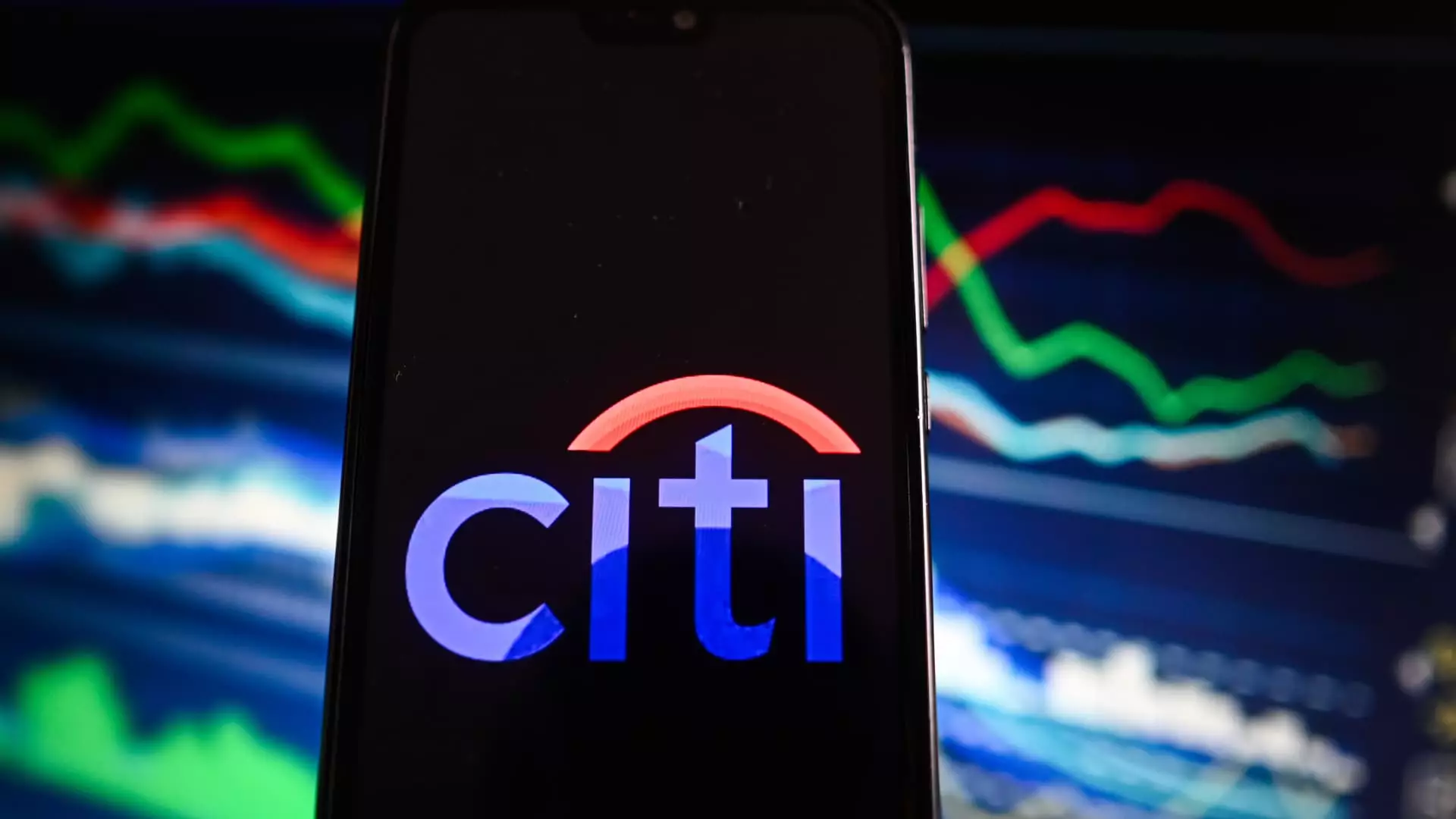Recent trading sessions highlighted a notable surge in shares of major American banks, a movement largely attributed to the anticipation surrounding Donald Trump’s potential victory in the presidential election. This phenomenon is emblematic of how political climates can drastically influence financial markets, particularly in the banking sector. In after-hours trading on platforms like Robinhood, investors witnessed Citigroup’s stock soaring nearly 5%, while Bank of America, Wells Fargo, and Goldman Sachs also experienced significant increases. These fluctuations underscore not only the volatility of the stock market but also the larger implications of political outcomes on economic sectors.
Expectations of Deregulation and Its Consequences
The uptick in banking stocks closely correlates with expectations of a favorable regulatory environment under a GOP-controlled administration. Investors are generally optimistic about deregulation, especially concerning financial institutions, as evidenced by analysts like Jaret Seiberg from TD Cowen. He posits that a decrease in oversight from the Consumer Financial Protection Bureau (CFPB) could facilitate growth in these financial entities. The anticipation that Trump’s administration would dial back regulatory frameworks raises questions about the long-term implications for market stability and consumer protection.
While banks may thrive in a less regulated environment, as suggested by Seiberg’s analysis, this promise is fraught with risk. The potential reduction of capital requirements and relaxed credit oversight could encourage aggressive lending practices, which may lead to issues reminiscent of the 2008 financial crisis. Investors must weigh the short-term gains against possible long-term instability wrought by deregulation.
Broader Economic Implications and Risks
The potential for de-regulatory action can excite investors in the banking sector, yet it is crucial to adopt a holistic view of the economic landscape. Analysts have warned that Trump’s proposed trade tariffs and immigration policies could inadvertently stoke inflation. Such economic shifts may not only impact banks but could reverberate throughout the entire economy. Higher inflation often translates into volatile interest rates and financial uncertainty that can hurt the banking sector’s long-term performance.
Moreover, while deregulating could yield short-term advantages for trading banks, industry players remain vigilant of potential systemic risks. The market’s reliance on policy stability can lead to an environment where investor confidence is tenuous, especially if political promises fail to materialize or lead to unintended economic consequences.
The intersection of politics and finance remains volatile, with banking stocks responding acutely to election outcomes and policy expectations. As we navigate this complex landscape, it is essential for investors to remain informed about the broader economic implications of deregulation, inflationary risks, and market sentiment. The tide of political change not only shapes the financial markets but also redefines the operational frameworks of financial institutions, heightening the importance of strategic foresight in investment decisions. Looking ahead, a balanced approach that considers both opportunities and risks will be crucial for navigating the evolving financial terrain.

Leave a Reply